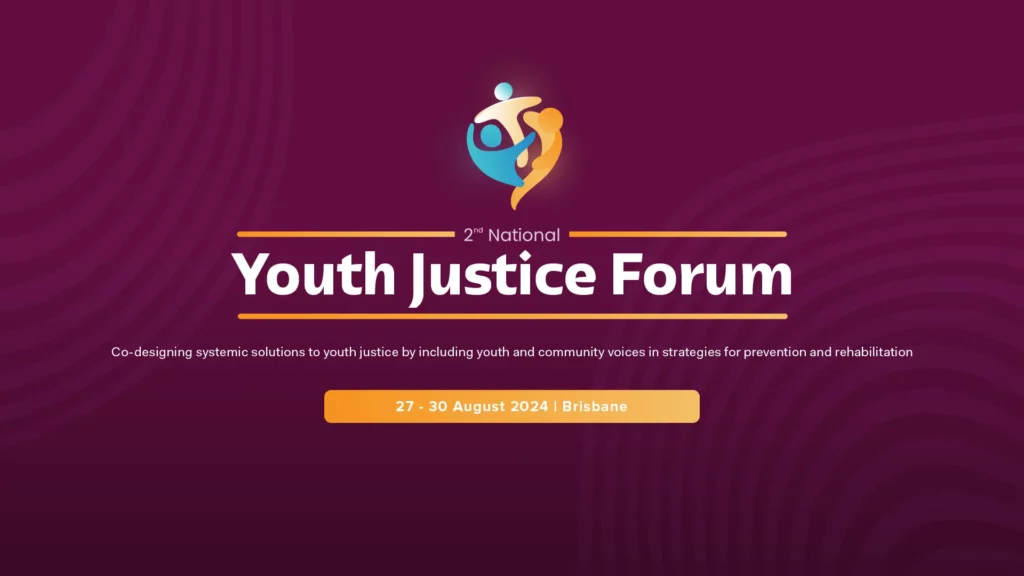WHAT IS LEADERSHIP?
According to former Prime Minster Bob Hawke in his 1994 Memoirs and as quoted by former High Court Judge, The Hon Justice Michael Kirby in his oration address of 1994, “If we could extract the essence of the phenomenon, and bottle it, it would be a product bigger than Coca Cola. It would sell better than Ronald McDonald.
“Our former Prime Minister continued to describe the natural leader as ‘having a charisma – a special grace or talent which exuded from them as a favour vouchsafed by God”.
In 1998, Patrick Dodson, who wears the title of ‘father of Australian reconciliation’ and who is one of the most respected and influential Aboriginal leaders, expressed the enigmatic nature of leadership:
“Leadership is an elusive concept, hard to describe and impossible to prescribe. It is more evident in its absence, so that when leadership is needed, its lack is sorely felt.”
WHAT QUALITIES CONSTITUTE A GREAT LEADER?
A vision of how things could be
The influential Aboriginal Australian lawyer and land rights activist, Noel Pearson, articulated the need for leaders to have a compelling vision.
“Firstly, you must have ideas that strike people. Leadership is about getting things done the way you want them. This sounds like an egocentric definition but the meaning of it is that you take people’s hopes for a better future and forge them with your ideas about how to achieve it into a vision.”
A long-term view
An ability to “look over the horizon, to identify the opportunities and threats over the course of decades, not just months or years”, is critical according to Terry Moran AO, current Secretary of the Department of Prime Minister and Cabinet.
The ability to communicate effectively to inspire action
Pearson and Justice Kirby respectively agree on the need for superior communication skills, “There is no substitute for striking chords and making people sense a revelation – you have to have people’s ears – that is the only thing worth anything,” says Pearson.
Justice Kirby reiterates the point, “It is no good having bright ideas if you cannot convey them to others; and inspire them to accept your ideas.”
Leading for the good of others
History is littered with gifted leaders of what Justice Kirby describes as the most “horrible wickedness”, as he made the astute observation, “a list of the top ten business leaders who came to mind of a survey of young Australians a few years back now looks like a catalogue of discredited fallen heroes. Half of the list are bankrupt, in prison or charged before the courts. This is the kind of leadership Australia and its business enterprises can do without. It is proof gifts of leadership, alone, are not enough.”
He continued to say the truly great leaders have a commitment to making the world a better place, “It involves a commitment to improving the lot of fellow human beings, especially those who are suffering. It involves taking some risks.”
Not giving up when the going gets tough
In 2002, the year of East Timor’s independence, it was Leadership Victoria’s great honour to have Dr Jose Ramos-Horta deliver the oration address.
Dr Ramos-Horta, current President, former Prime Minister and Nobel Peace Prize Laureate, gave some insight into the extraordinary determination and persistence that marks a truly iconic leader, when he described Xanana Gusmao’s actions amidst the 1975 invasion of East Timor.
“Xanana Gusmao survived and with him only half a dozen people … He went from village to village that was not under occupation. In hiding, in secrecy he asked the people, ‘Do you want to continue the struggle?’ And the response was a resounding, ‘Yes. We want to keep on fighting.’ He then set out to reorganise the movement from the ashes of destruction.
“You have to imagine an individual with extraordinary willpower in the isolation of East Timor, knowing that no one is going to come to rescue you, that you are faced with a major onslaught by the most powerful army in the region, that most of your compatriots, leaders, had died. And you still have the will to reorganise the resistance and continue to fight.”
Dr Ramos-Horta reinforced the humility of his own leadership by telling the group “I tell you frankly, I don’t know whether I, in his place, would have done it.”
Commitment to outcome rather than to credit for achievement
Justice Kirby quoted the sixth Century Chinese philosopher, Lao Tzu, in saying “A leader is greatest when people barely know that he exists. The leader’s work done, the aim fulfilled, the followers will say ‘we did it ourselves’.
The buck stops with the leader
“The fate of leadership, it seems, is to share the glory – and bear the burden alone,” observed respected philanthropist Imelda Roche in 1996.
Unwavering confidence in their convictions even when the path is unpopular
There can be few tougher arenas for leaders than federal politics and Michelle Grattan provided fascinating insight into the mental toughness of two of this country’s iconic political leaders. First quoting former Prime Minster Paul Keating. “Leadership is not about being popular. It’s about being right and about being strong. Doing what the nation requires. Making profound judgements about profound issues”.
Then quoting Prime Minister John Howard, who said a leader “quite literally must stand in the middle of the road and dare people to run you over!”
WHAT IS THE FUTURE OF LEADERSHIP IN AUSTRALIA?
Finally, we draw hope from Dodson’s observations on Australian leadership. “Leadership, moral, visionary and practical leadership, is to be found in every Australian community group, in every industry, in every sector.”
As Leadership Victoria celebrates its 20th year, and continues to focus its work to increase the strength of leaders in our community, these oration addresses stand as a time capsule of thought and vision for leaders of the future.
















































































































































